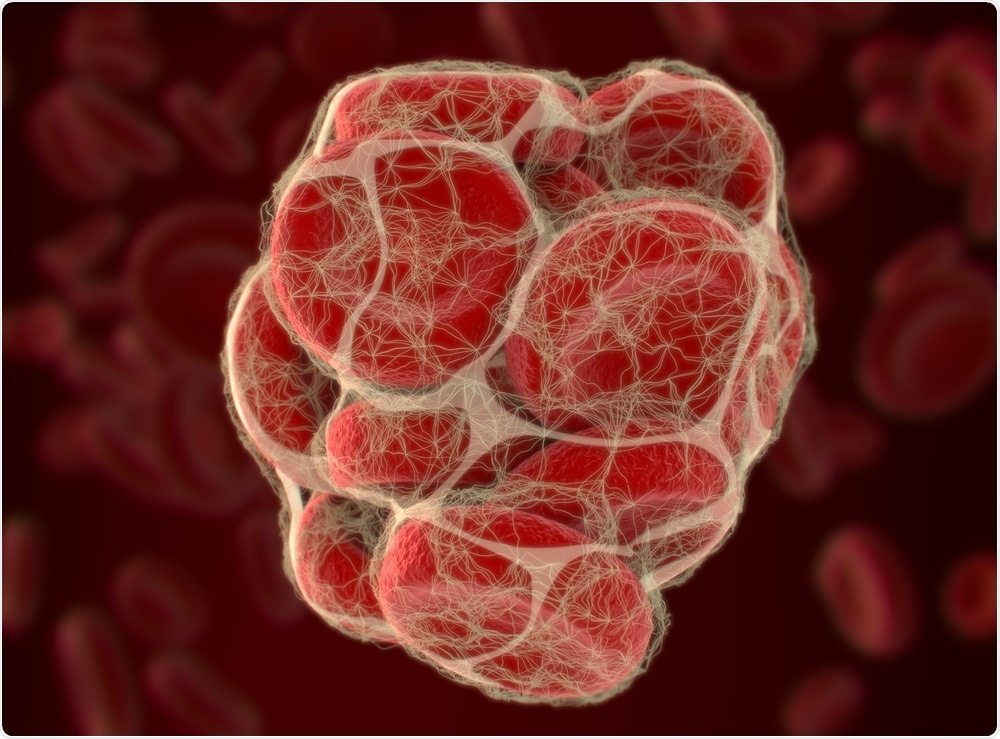Scientists are increasingly aiming to leverage the various functions of lipids in human bodies, for example, in blood coagulation or as blood fats, to better interpret and predict a host of diseases.

Image Credit: Anatomy Insider/Shutterstock.com
Now, an international team of researchers, headed by Robert Ahrends at the Faculty of Chemistry of the University of Vienna, has demonstrated an innovative tool that enables efficient lipid analysis. The study was published in the Nature Communications journal.
The researchers’ software, called LipidCreator, considerably speeds up the study of specific groups of lipids as well as lipid signal molecules and enables both quantitative and qualitative characterization with mass spectrometry. The researchers have successfully used this novel technique to analyze blood components.
Lipids serve as an excellent potential biomarker. Life is indeed wrapped in fats, waxes, and lipids: lipids form organelles and cells, protect humans from adverse environmental conditions, carry information, and act as energy building blocks.
It is not long ago that we gained an idea about the diversity of lipid functions.”
Robert Ahrends, Study Author and Biochemist, Department of Analytical Chemistry, University of Vienna
Ahrends began his tenure track professorship in lipidomics—that is, the study of the overall lipids of a cell, tissue, or organism—at the University of Vienna at the start of this year.
LipidCreator, the novel software, can take lipidomics to a whole new level.
The software enables scientists to come up with new targeted lipidomics assays, to make them easily available to other labs, and to retrieve and include comprehensive knowledge and data from other studies, as the software also serves as an online database for lipidomic research.”
Robert Ahrends, Study Author and Biochemist, Department of Analytical Chemistry, University of Vienna
Using the LipidCreator software, the researchers can measure approximately 60 classes lipids as well as their lipid signaling molecules in relatively larger studies than before; they can rapidly set up workflows to examine novel target molecules and effortlessly check and confirm the outcomes.
Salvaging the treasure of lipids
Lipids are chemically extremely different. They exhibit an intricate structure and contain a mix of varying building blocks, for example, different types of bonds, fatty acyl groups, and different sugars. Mass spectrometry has become not only faster but also more sensitive in the recent past.
Today, more advancements to mass spectrometry help identify up to 500 lipids, and the lipids’ chemical structures and components can even be decoded through a large number of individual lipid fragments. But in spite of the rapid development of lipidomics, detailed software solutions for targeted mass spectrometric studies of particular lipid groups are not available until now.
Clinical interest
Ahrends and his research team have already used their software, demonstrating their excellent potential for clinical use: Different forms of lipids are essential sources of energy, which are conveyed inside the blood.
Since lipids are crucial factors in signal transmission among cells, they are also implicated in the stimulation of blood platelets, or thrombocytes, which are vital for blood clotting.
Based on the LipidCreator software, the researchers effectively defined lipids in blood plasma and investigated the role played by lipids in the activation of platelets.
According to the researchers, information obtained from these types of data surveys could even help to detect the applicable factors for blood coagulation and also for thrombosis development.
Source:
Journal reference:
Peng, B., et al. (2020) LipidCreator workbench to probe the lipidomic landscape. Nature Communications. doi.org/10.1038/s41467-020-15960-z.